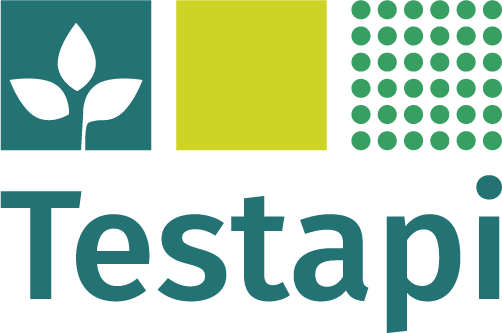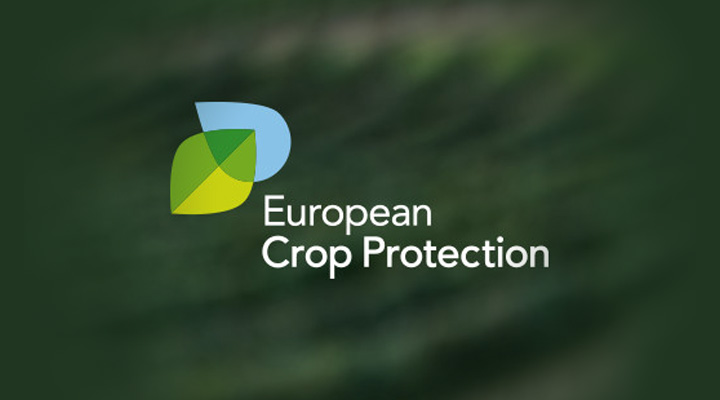http://www.ecpa.eu/events/ecpa-residues-workshop-2017
CONCLUSIONS
Residues Workshop - The current and future challenges
16th & 17th October 2017
The following are the main points of conclusions from the residues workshop organised jointly by
ECPA and FoodDrinkEurope on 16th & 17th October:
1. Multiple source chemicals
The EU policy of "Once a pesticide, always a pesticide" needs to be reviewed, with
numerous examples where the current findings are not linked to pesticide uses but due
to other reasons. This has a major unintended impact and this needs to be urgently
corrected.
This is also an issue for common metabolites and we need to work together to ensure
that the multiple sources are not incorrectly attributed in residue definitions and
monitoring.
2. Transition periods
There is a need to look at look at suitable transition periods following MRL & import
tolerances changes, taking into account crop production and marketing cycles.
Consideration could be given to the grace period legislation in Regulation 1107/2009
which allow up to 18 months for sale distribution and use1.
3. Harmonisation and trade
The workshop has again highlighted that raw materials are being sourced globally - and
harmonised regulatory approaches are needed to support coherent and comparable
standards to allow trade. The need for harmonised approaches was also highlighted in
developing relevant processing factors for processed produce.
Basing decisions on the setting of MRLs and import tolerances on hazard based criteria is
incompatible with the needs of global trade - and is incompatible with the EU legislation
and the WTO SPS. The EU needs to look at this issue to ensure a suitable solution to
support trade.
While the EU review of MRLs does conclude in many cases that there is inadequate data
to support existing MRLs, this should not be automatically interpreted as a human
health concern. For import tolerances in particular, the levels rejected in the EU are
based on a robust evaluation in CODEX and/or in third countries that have been
considered as safe in the respective countries.
1 Article 46 of Regulation 1107/2009 states that "Where the reasons for withdrawal, amendment or non-renewal of the authorisation are not related to the protection of human and animal health or the environment, the grace period shall be limited and shall not exceed 6 months for the sale and the distribution and an additional maximum of 1 year for the disposal, storage, and use of existing stocks of the plant protection products concerned".
4. Transparency in the evaluation process
Since last year's workshop, we appreciate the efforts being made by DG SANTE and EFSA
to improve transparency in the process. The publication of information on evaluation
timelines is helpful; further steps that are under consideration would also help
stakeholders to understand and contribute to the process at an early stage.
Stakeholders have a role to ensure that they use the information available to react in
this fast moving regulatory environment.
5. New scientific developments
New science is important in food safety discussions but these developments must be
kept in context. Not having an answer to a new science question does not mean that
there is a safety concern - but we need to look at the importance of the issue in a
broader and pragmatic context.
In this context, the questions raised in the context of the EFSA residue definition
guidance document need to be understood. The guidance raises concern for global
harmonisation but also for EU uses, in particular minor uses, and these impacts need to
be fully understood.
6. Legislative review
The legislative review (1107/2009 &396/2005 REFIT) is an opportunity to look for
improvements in the legislation and all stakeholders need to work together to ensure
that the current challenges are understood - and to suggest improvements for the
future.
Next steps:
As follow-up to the issues discussed at the Conference, ECPA and FoodDrinkEurope will cooperate to
promote regulatory improvements, with a focus on three key issues:
Multi-source chemicals -legislative changes are needed to ensure that non-pesticide
sources of chemicals are not incorrectly identified as pesticide residues.
Transition periods -crop production and marketing cycles need to be fully considered to
ensure workable transitions following MRL & import tolerances changes.
Global approaches - evaluations need to be based on global approaches to promote
harmonisation in managing and supporting a market where raw materials are sourced
globally.
Brussels
17th October 2017


